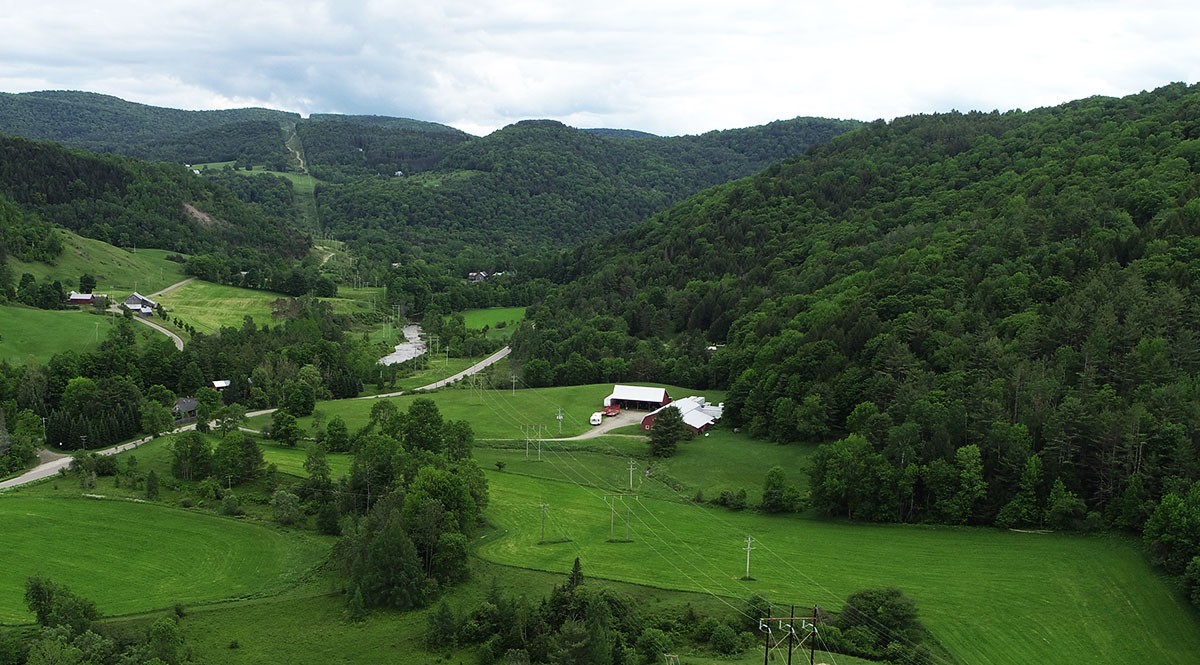Calendar
VSPC April 2026 Quarterly Meeting
Middlebury Inn, 16 Court Square, Middlebury
VSPC July 2026 Quarterly Meeting
Trapp Family Lodge, 700 Trapp Hill Road, Stowe
VSPC October 2026 Quarterly Meeting
Meeting Location: Killington Grand Hotel, 228 E Mountain Rd, Killington

Planning for the Future of Vermont's Electrical Grid
The VSPC plays a key role in the planning process for Vermont’s electric transmission system. This planning process is designed to facilitate the full, fair, and timely consideration of cost effective non-transmission alternatives. The process involves coordination among Vermont’s utilities, transparency to the public about planning activities, and opportunities for public involvement.

VSPC Membership
Membership of the VSPC includes representatives of each Vermont electric distribution utility and transmission utility, each energy efficiency utility, and four public members, each of whom represents the interest of one of the following groups: residential consumers, commercial and industrial consumers, environmental protection, and town and regional planning commissions.




